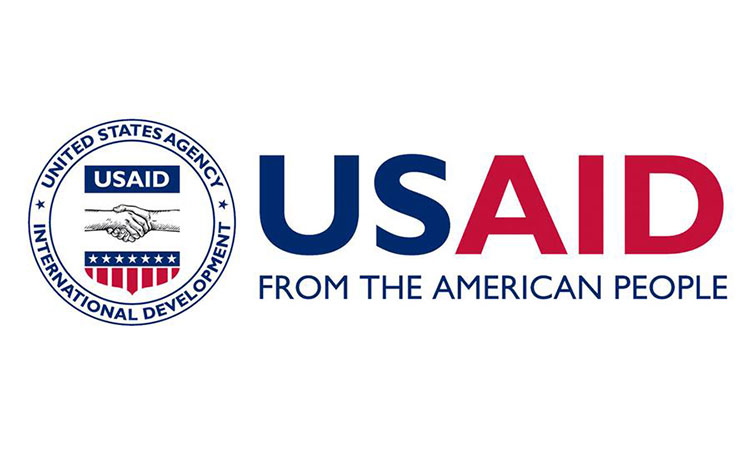
BY OBERT SIAMILANDU CHIREDZI and Bikita communities are set to benefit from a USAID project that seeks to empower villagers with community conservation projects.
The project also aims to reduce chronic vulnerability to climatic shocks and economic stresses in communities surrounding protected areas and associated wildlife corridors.
The USAID Resilience Accelerating New Community Holistic Outcomes for Resource Sustainability Anchors project provides resources for communities and facilitates programming through collaborating with relevant government departments, Rural District Councils (RDCs) and Community Based Organisations to meet and develop action plans that ensure conservation of natural resources for sustainable development.
“We understand that development is inevitable. However, it does not have to come at a cost to our natural resource base. That is why we need to develop action plans that ensure sustainable development, where our communities modernize with a robust natural resource base,” Conservation planner for the project, Walter Mupezuweni said.
“The project facilitates the adoption of land use plans at the local level and by the local authorities for incorporation into the Rural District Councils’ annual development plans. Once the land use plans are adopted, USAID Resilience Anchors will facilitate the printing and publishing of the land-use plans and distribute them to all stakeholders and institutions.
“Participatory and inclusive approaches are used for different communities in Chiredzi and Bikita districts to develop integrated land use plans,” he said.
The planning process includes mapping of land uses and key resources where different social groups (women, men, youths, religious groups, persons living with disability) participate in the mapping exercise.
“Following the mapping exercise, the community members set goals and visions for the different land uses and develop action plans for achieving the set goals. The Land use plans integrate natural resources management planning, disaster risk reduction, integrated water resources management planning, infrastructure development, livelihoods development, and any future proposed changes in land uses among other issues.
- Chamisa under fire over US$120K donation
- Mavhunga puts DeMbare into Chibuku quarterfinals
- Pension funds bet on Cabora Bassa oilfields
- Councils defy govt fire tender directive
Keep Reading
The Anchors project started operating on July 20, 2020.
It was officially launched in Masvingo in May 2021, followed by Manicaland in September 2021 after a co-creation or design process with a number of stakeholders, including RDCs, wildlife and conservation authorities and implementing partners.
The project is managed by ECODIT LLC, headquartered in the US and locally registered as the ECODIT Trust. Implementation is led by African Wildlife Foundation (AWF), the Zimbabwe Environmental Lawyers Association, Foundations for Farming and Environmental Law Institute.
More than 1 000 farmers in Bikita, Chiredzi and Chipinge have benefitted from capacity building and trainings on Climate Smart Agriculture, while 300 in Bikita and Chiredzi have been supported with agricultural inputs, such as sorghum and groundnut seeds during the 2021/22 farming season with funding directly coming from the AWF.
Anchors has facilitated creation of Community-based groups in Chiredzi’s Ward 23 and Bikita’s Wards 25 and 26 that have been trained at Kenya Top Bee in hive making and Beekeeping as a conservation-based enterprise.
AWF country director Olivia Mufute said: “In Chiredzi, we are closely working with communities to develop land use plans to ensure that natural resources are managed for the benefit of people and wildlife, so as to foster peaceful coexistence. This is part of USAID-US Agency for International Development-funded Resilience Anchors Project.”
- Follow Obert on Twitter@osiamilandu










